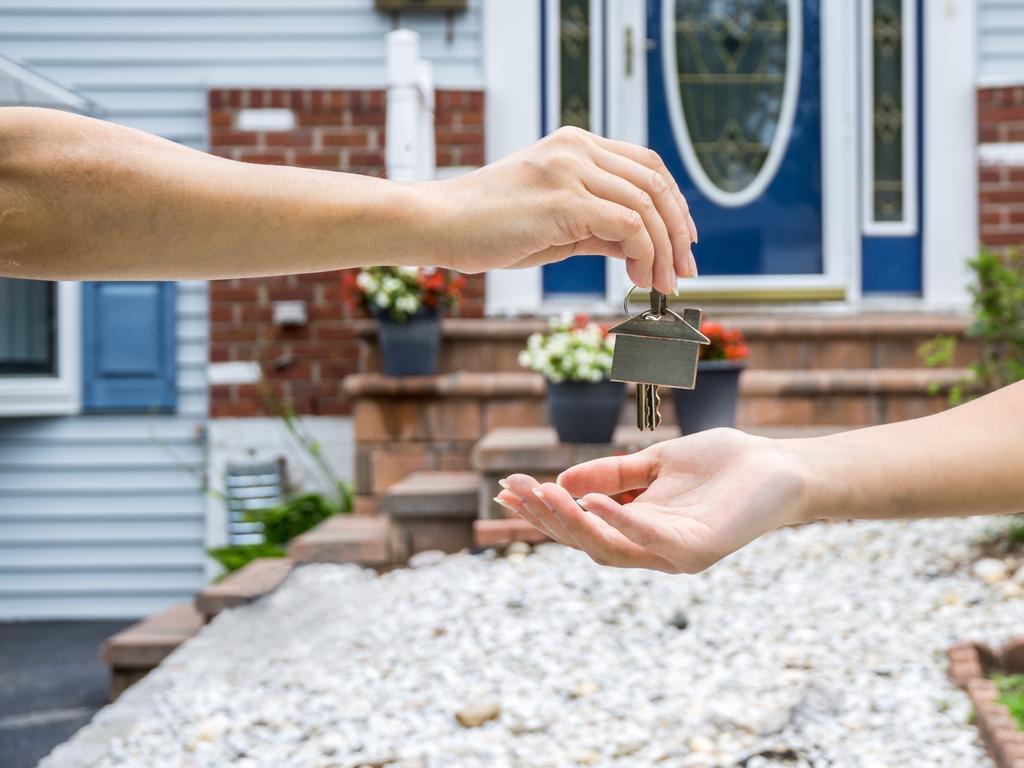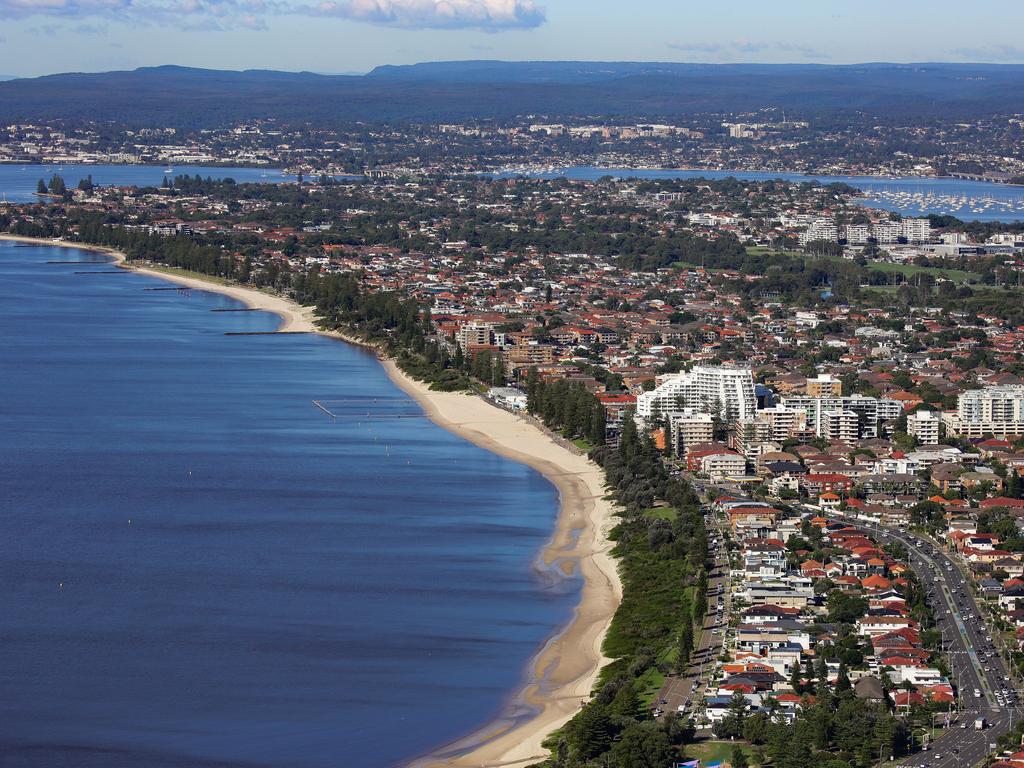NSW to offer first home buyers $25,000 grant as housing market continues to rise
A bold plan from one state government is hoping to finally give Aussies a $25,000 leg-up to help them achieve the Australian dream.
First home buyers will hopefully get an extra leg-up to try and enter the housing market in NSW as the government unveils a bold plan for $25,000 grants.
The proposal would see first home buyers given the $25,000 instead of stamp duty concessions, as the government works to address plummeting home ownership rates among young people.
NSW Treasurer Dominic Perrottet announced his plan to scrap stamp duty in last year’s state budget and reform the state’s property tax, instead suggesting homeowners pay an annual levy.
In the government’s latest progress paper, published this month, Mr Perrottet said the proposed reform could see home ownership in NSW improve by six per cent, and see 300,000 more residents become homeowners.
“Making home ownership a reality for more of our people is an indispensable part of lifting living standards across NSW,” the treasurer said.
“Those are two fundamental motivations for proposing a once in a generation reform to the property tax system: taking our economy up another gear, and improving home ownership for NSW residents, particularly younger generations.”
RELATED: First home or investment property? Which is better for buyers

Looking to get onto the property ladder? Compare Money's first home buyer guide might help >
The change to stamp duty was initially announced in November 2020, in last year’s state budget.
The NSW government said it has spent the past six months consulting with the public, tweaking its reform plan to be in line with what the state wants.
Feedback on the stamp duty reform plan closes next month, with the government to lock in any changes in the second half of this year.
The government’s planned reforms comes at the same time figures show how dramatically home ownership has dropped.
Around 70 per cent of people owned homes in the 1990s, to 64 per cent of people now.
First home buyers are also entering the property market later in life.
Between 1995-96 and 2017-18, the average age of a first homebuyer has increased from 33 to 35 years.
In two decades, the share of first home buyers aged under 35 has declined from 69 per cent to 55 per cent, according to government figures.

Mr Perrottet said the generational divide between home ownership was a “stark statistic”.
“The message which comes through very clear again and again is the huge challenge of achieving home ownership for our younger generations,” he said.
CoreLogic data showed house prices in Sydney continue to rise at an exponential rate.
Last month, house prices rose 3.5 per cent - one of the biggest monthly gains since the late 1980s.
The plan to abolish stamp duty could come at a cost, with the tax adding $8.3 billion to the government’s coffers last year.
However, the government argues the annual levy would eventually even out and “over the longer-term, the property tax would be revenue neutral, collecting the same amount of revenue as stamp duty and land tax”.
The government hopes to completely phase out stamp duty by 2050 and estimates more than 50 per cent of NSW homeowners would pay an annual levy within the next 20 years.
Sydney has the most expensive housing market in Australia with the city’s median house price now exceeding $1.1 million.

The National Housing Finance and investment Corporation found affordability was worst for potential first homebuyers in Sydney.
Less than 20 per cent of properties in Sydney are classified as “affordable”, which means people in the bottom 60 per cent of income earners could buy then.
In Sydney, the house price to income ratio sits at around nine times incomes nationally - the worst ratio in Australia.
And home ownership rates among 25 to 44-year-olds continues to fall dramatically.
According to the Australian Housing and Urban Research Institute, only half of the Aussies in that age group are expected to own a home in 2040.
The reform plan from the NSW government hopes to change that.
And its plan has support from some of the nation’s top experts.
“Stamp duties have negative effects on housing and labour markets and restrict residential mobility, leading to inefficient allocations of housing resources and decreasing housing affordability, and there would be affordability benefits for home purchasers from moving to a broad-based tax on land,” the Australian Housing and Research Institute said in December last year.
“This concept is innovative and has been called for over some time,” Powerhousing Australia said in March.



